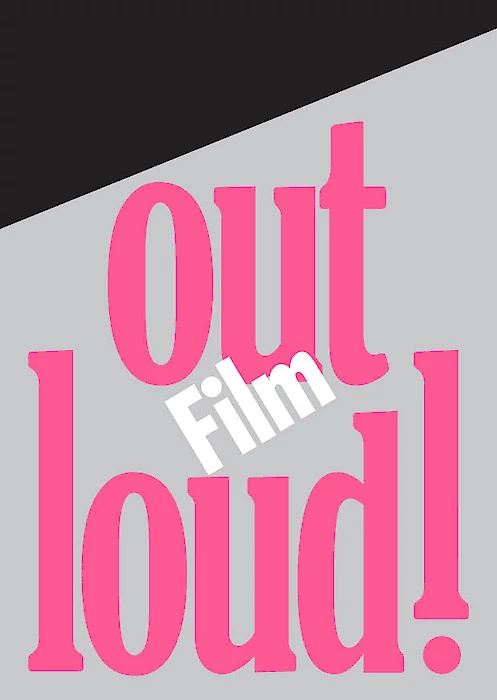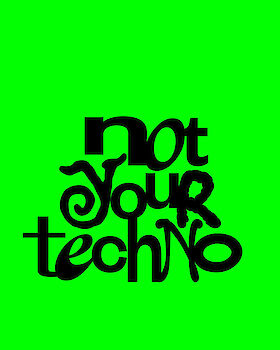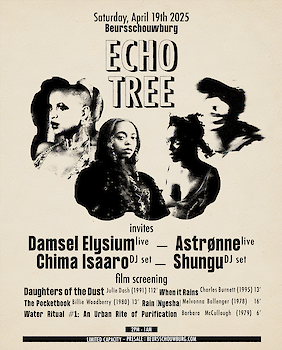I was dreamin' when I wrote this, so sue me if I go too fast. But life is just a party and parties weren't meant to last. Two thousand zero zero party over, oops out of time. So tonight I'm gonna party like it's nineteen ninety-nine. (1999, Prince)
The beautiful track from 1982 by the late Prince seemed prophetic in its description of the fin-de-siècle sentiment at the end of the 20th century. The nineties were celebrated excessively in raves and dance clubs! That decade saw the final breakthrough of electronic music. Drawing on house and techno of the late 80s, electro took over mainstream music and was replicated in various sub-genres like trance, gabber, drum & bass or trip-hop.
The ecstatic optimism on the dance floor went hand in hand with a striking arrogance that typified the beginning of the decade, when events like the end of the Cold War, the disintegration of the Soviet Union and the elimination of apartheid in South Africa were – in imitation of Francis Fukuyama – seized by some to announce "the end of history" and the triumph of liberal democracy. The optimism about human progress, however, was soon shattered by the first Gulf war, ethnic cleansing in the Balkans, genocide in Ruanda and the Dutroux affair in our own country.
Then it seemed like the nihilism of punk – which was also given a feminist dimension with the riot grrrl-movement – and the raw guitar rock of grunge was better suited to represent the cry of a generation, one that was born between 1961 and 1981, had grown up in the 90s and was dubbed Generation X by author Douglas Coupland. This ‘alternative’ music (punk, grunge,…), too, became stale and was driven to top the charts by the media, not least by MTV. They battled for a space on the wall of teenage bedrooms, together with the urban hip-hop and rap of jewellery-laden gangstas like Dr Dre, Snoop Dogg or Eminem, the Britpop of Oasis, Blur or Manic Street Preachers and the R&B escapism of boy and girl bands, such as Backstreet Boys, Take That, Destiny’s Child and Spice Girls. Those were, by the way, bedrooms that were already stuffed with Flippos, Tamagotchis, Pokémon cards and DVDs of Friends, The Simpsons and Quentin Tarantino films.
Perhaps the biggest shift was in terms of globalization. Economic growth went hand in hand with unbridled capitalism, which showed the first cracks with the Dotcom bubble. The emergence of wireless mobile communications and worldwide Internet (from one single website in 1991 to 17 million at the end of the decade) led - despite the fear of the millennium bug - the transition from an analog to a digital culture where trends and hypes (in music and other domains) were distributed via media conglomerates to all corners of the planet and where the information boom changed the view of the world and heralded the new fault lines of the 21st century.
This machine will, will not communicate These thoughts and the strain I am under Be a world child, form a circle Before we all go under And fade out again and fade out again. (“Street Spirit”, Radiohead)
We & Th, from 22:30 —— Music films
Film programme curated in collaboration with Offscreen






